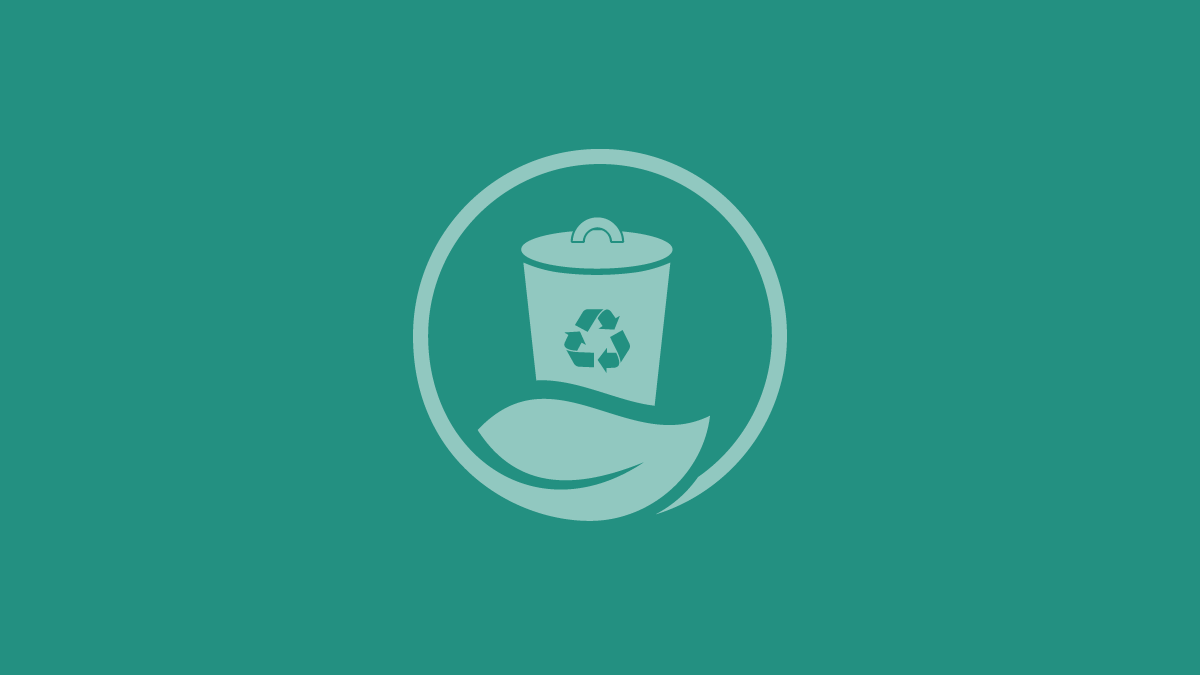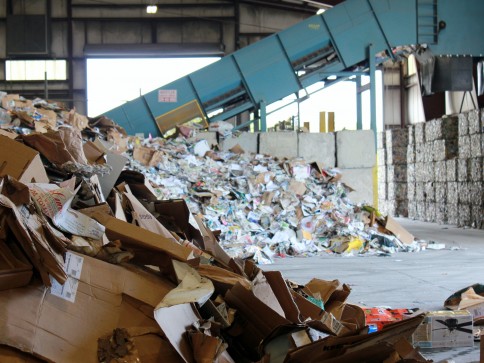~ July 8th 2022 – Blog by UCRRA Recycling Educator Tanesia White~
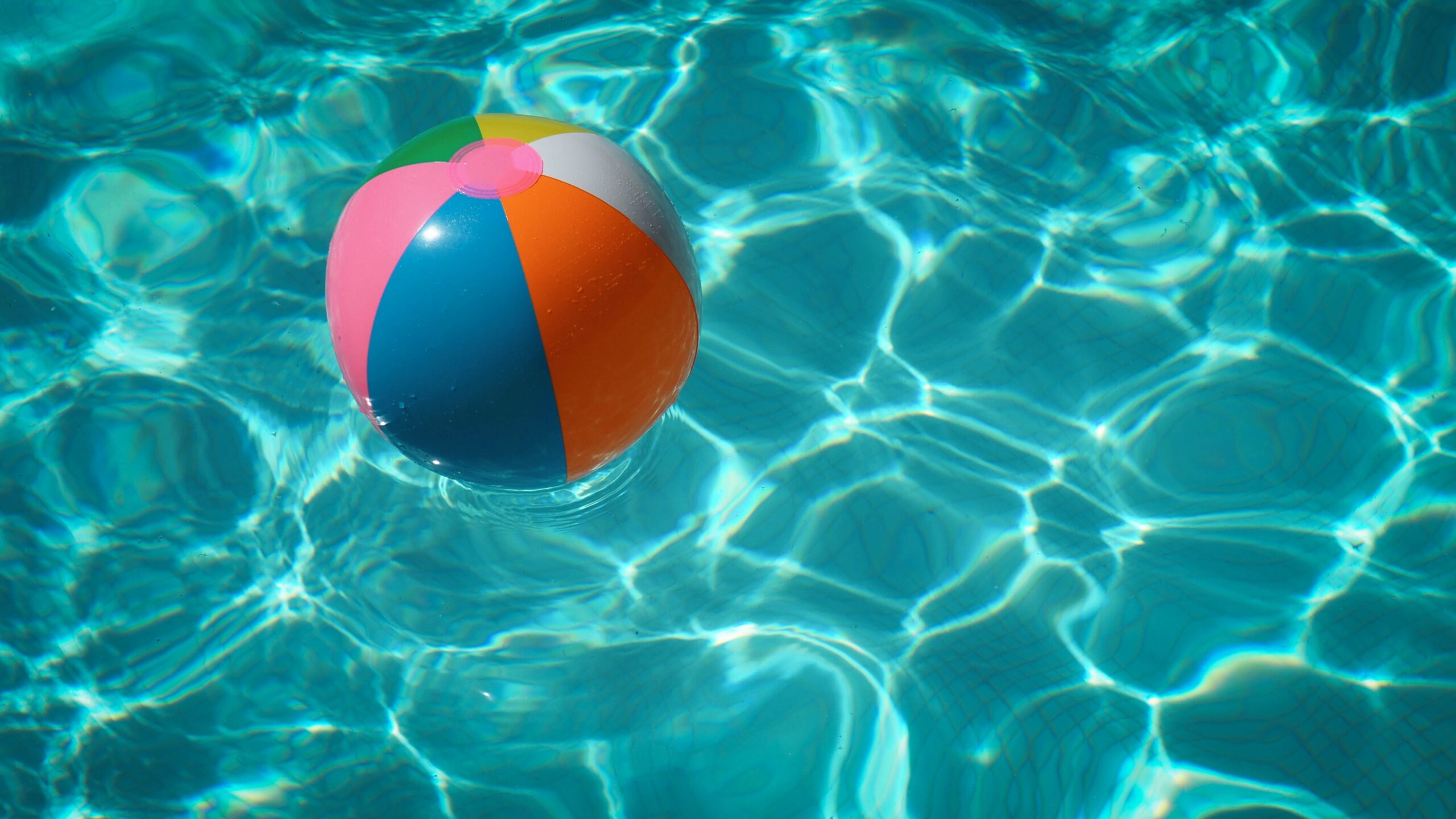
We tend to be more active during the summer. Since the weather is nice, we take advantage of the opportunity to spend time outside with our friends and family. If we’re on the go, we may be more prone to grabbing food or a drink, resulting in more single use disposable plastic waste in our lives than in other seasons.
According to the World Wildlife Fund for Nature, plastic enters our environment in three ways (WWF). First, because plastic is so lightweight, it can be blown away from our garbage cans during collection. As a result, plastic can enter our waterways mostly through drainage systems.
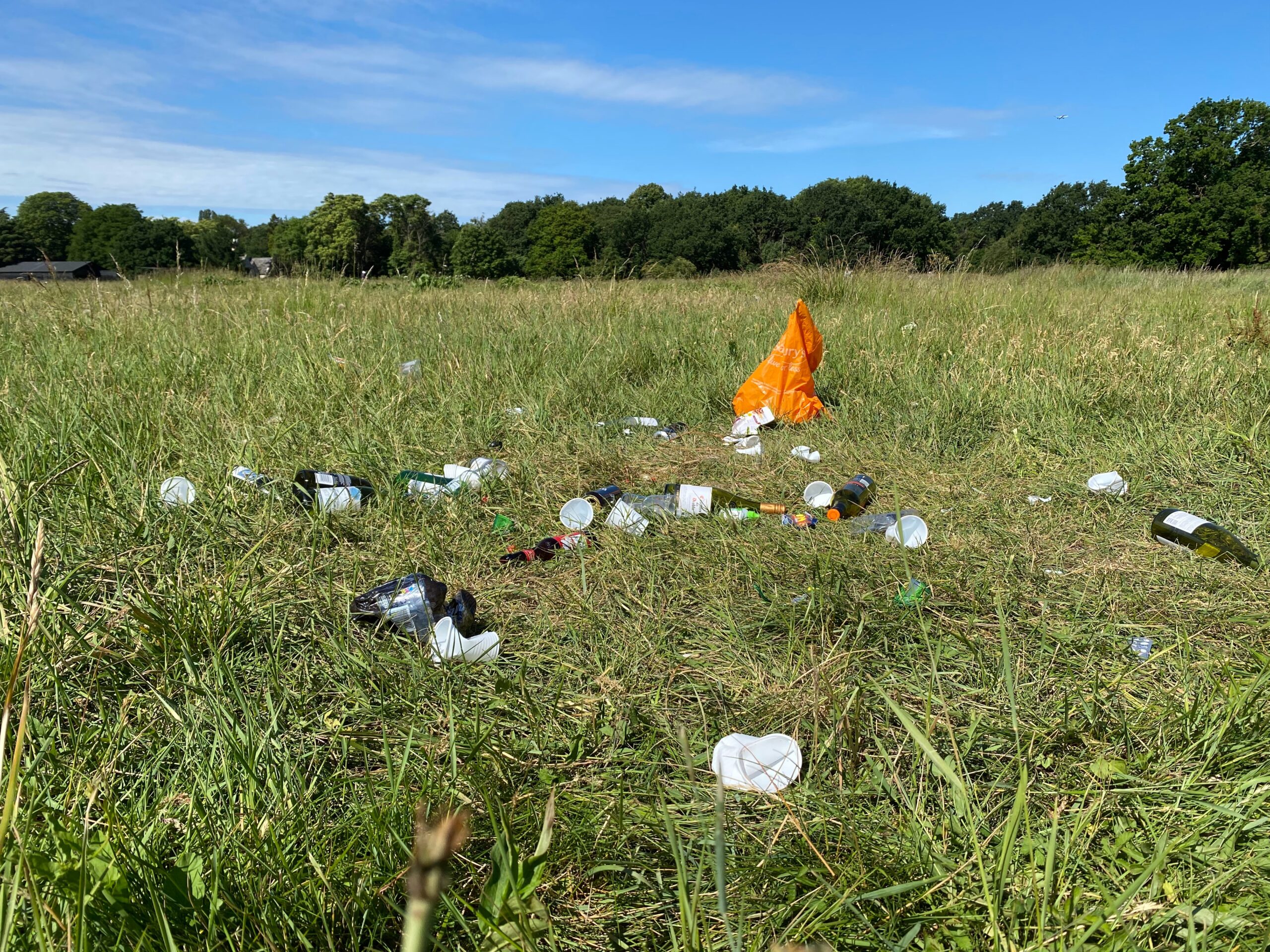
Littering is the second and most damaging way plastic enters our environment. When litter accumulates on the street, rainwater and wind carries it into streams, rivers, and storm drains. Plastic that has entered the storm drain can leach into other water systems and eventually reach the ocean. Litter can be dumped intentionally through illegal dumping or unintentionally through careless or improper waste disposal.
Finally, plastic can enter our environment either through products flushed down toilets, microfibers released into waterways when we wash our clothes, or microplastics in cosmetic products (microbeads).
Plastic waste has an impact on marine life through ingestion, entanglement, habitat destruction, and the introduction of invasive species into new habitats. Not to mention the fact that it affects humans too! Researchers are still studying the impacts of plastic use on public health. Microplastics are tiny plastic fragments less than 5 mm in size that can be found in seafood, sea salt, tap water, beer, and even honey (NOAA, 2019).
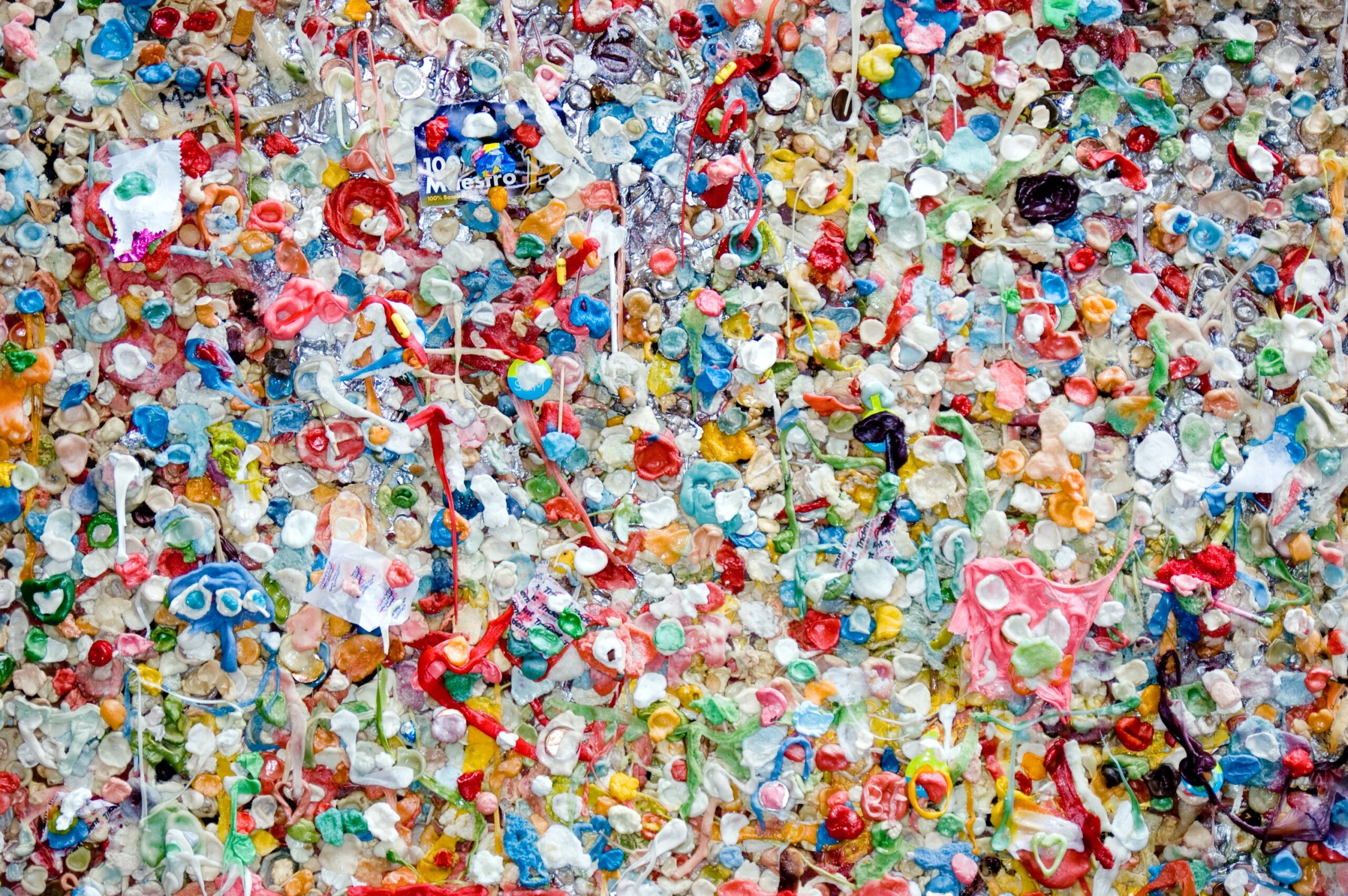
Reduce your Waste this Summer!
The first step is to be prepared and to be aware of your habits! Are you a person who likes to eat out or buy coffee in the morning? Make a low-waste kit for on-the-go! Your toolkit could include:
Having these items readily available will reduce the amount of single-use disposables in your daily activities! Aside from single-use disposables, there are several summer related items that come in packaging that is difficult to recycle or dispose of properly. Before you buy something new, consider the following:
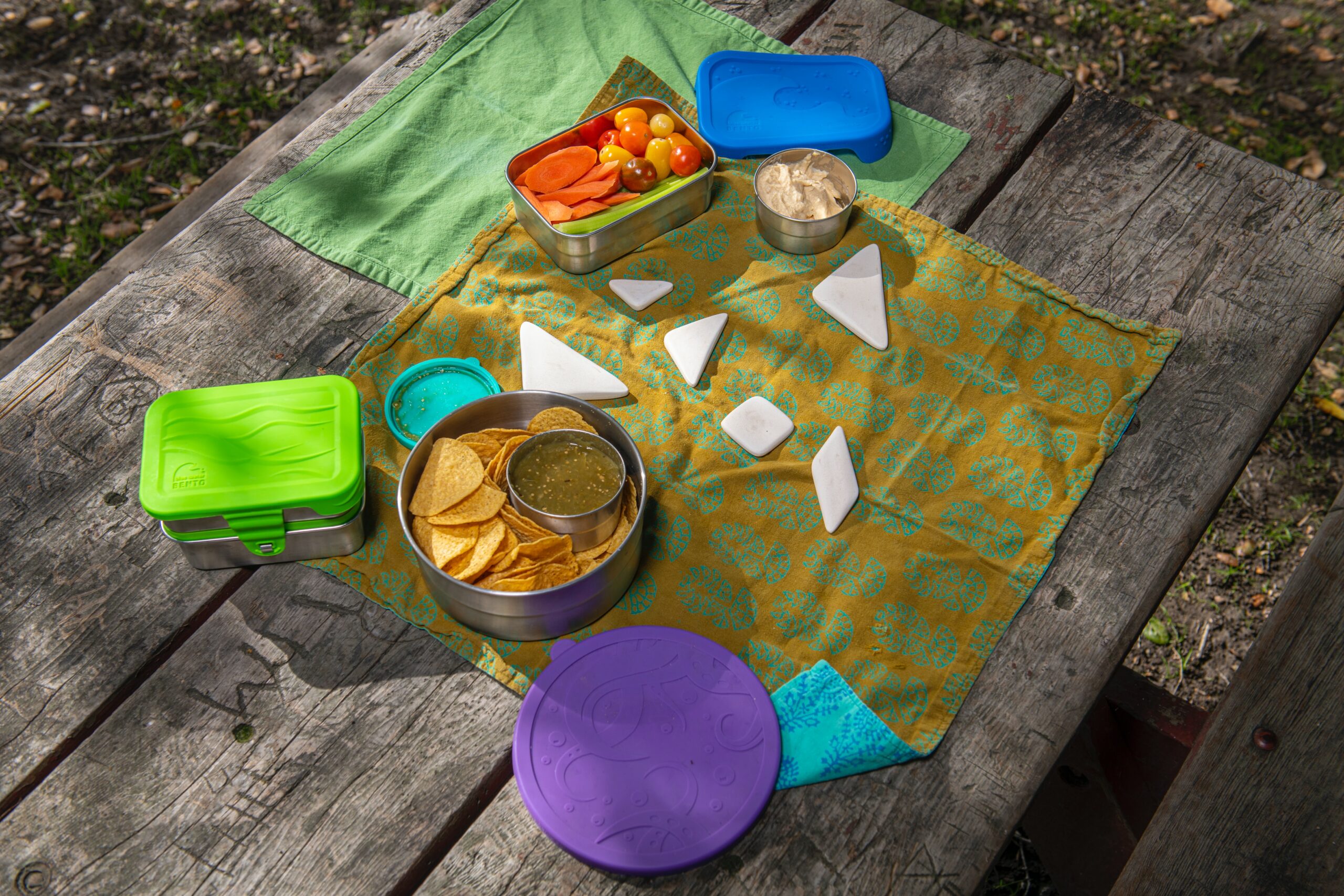
Think about Summer Sustainable Swaps:
Bug Spray
The majority of insect repellents come in aerosol cans (spray cans), which are classified as Household Hazardous Waste. Aerosol cans can explode or burst in a garbage compactor, making them especially dangerous. Aerosol cans that still have chemical product in them are accepted at the Agency’s Hazardous Waste Event where it can be properly managed. Empty aerosol cans may or may not be acceptable for recycling where you live. Contact your service provider on how to dispose of empty aerosol cans properly.
If you dislike commercially-produced bug sprays, try making your own!
Recipe: Natural Insect Repellent
Sunscreen
According to the National Oceanic and Atmospheric Administration (NOAA), the common chemicals used to protect against ultraviolet (UV) rays in thousands of products are known to endanger coral reefs and other marine life. Sunscreen can wash off and enter our waterways when we swim or shower.
Sunscreen chemicals can impair the growth and photosynthesis of green algae, they can accumulate in coral reef tissues causing bleaching, and can harm the immune and reproductive systems of sea urchins, fish, and dolphins.
Consider switching to a Mineral Sunscreen if your sunscreen contains Oxybenzone, Benzophenone-1, Benzophenone-8, OD-PABA, 4-Methylbenzylidene camphor, 3-Benzylidene camphor, nano-Titanium dioxide, nano-Zinc oxide, Octinoxate, Octocrylene.
Or consider making your own sunscreen, which reduces plastic and is better for the environment. When disposing of sunscreen aerosol cans, please refer to the bug spray section of this post. Sunscreen rigid pump bottles that are clean, empty, and dry can be recycled. Simply discard the pump/nozzle, rinse the container, and recycle the empty bottle. Sunscreens squeeze tube bottles are NOT recyclable.
Recipe: DIY Sunscreen
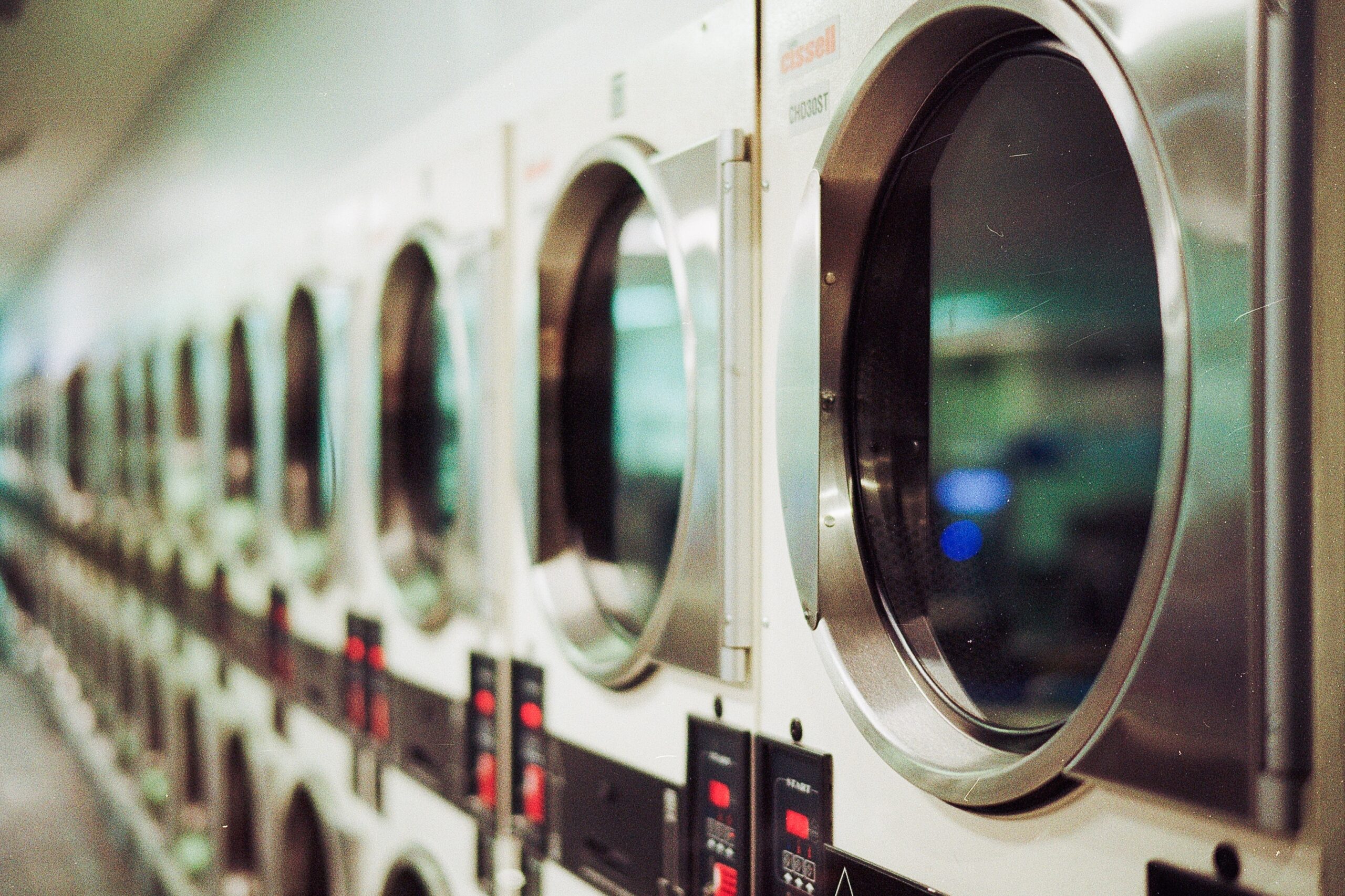
Laundry
Microplastics are released by synthetic fibers such as Rayon, Nylon, Polyester, and Acrylic. These plastic fibers that break off during washing can end up in wastewater and, thus far, cannot be efficiently filtered out.
Switching to natural fibers (Cotton, Linen, Hemp, Wool, Silk) allows you to wear your clothes guilt-free without worry! Stop Micro Waste has put together a washing guide with ten great tips to avoid microfiber shedding.
Common Summer Items and How to Dispose of Them?
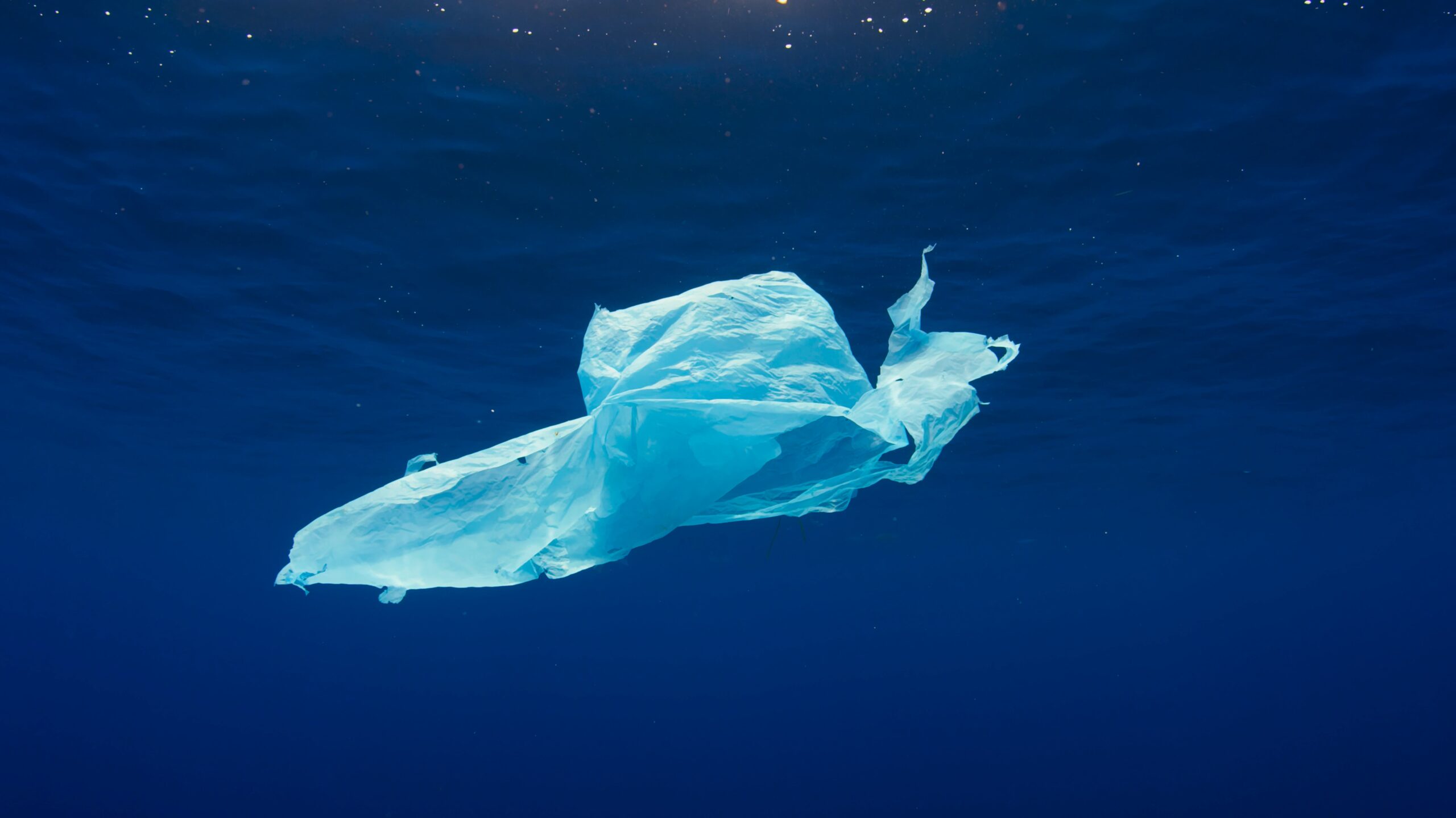
Special Recycling:
- Plastic Bags & Film plastics:
According to the Department of Environmental Conservation (DEC) “Plastic bags are a type of film plastic and SHOULD NOT be put in household recycling bins and should only be put in film plastics recycling bins.”
Consumers can recycle plastic bags and other film plastics at certain retail stores and most grocery stores. Stores must make recycling collection bins for film plastics available to customers in a visible, easily accessible location.
If film plastics collection containers are not available in a regulated store, please email recycling@dec.ny.gov or call (518) 402-8706.” What items are classified as film plastics? Plastic Bag and Film Plastics Recycling for Consumers
Special Disposal/Retirement:
Disposing of fireworks or retiring a flag? See our Instagram post here: https://www.instagram.com/p/CfaCcHWrZwc/
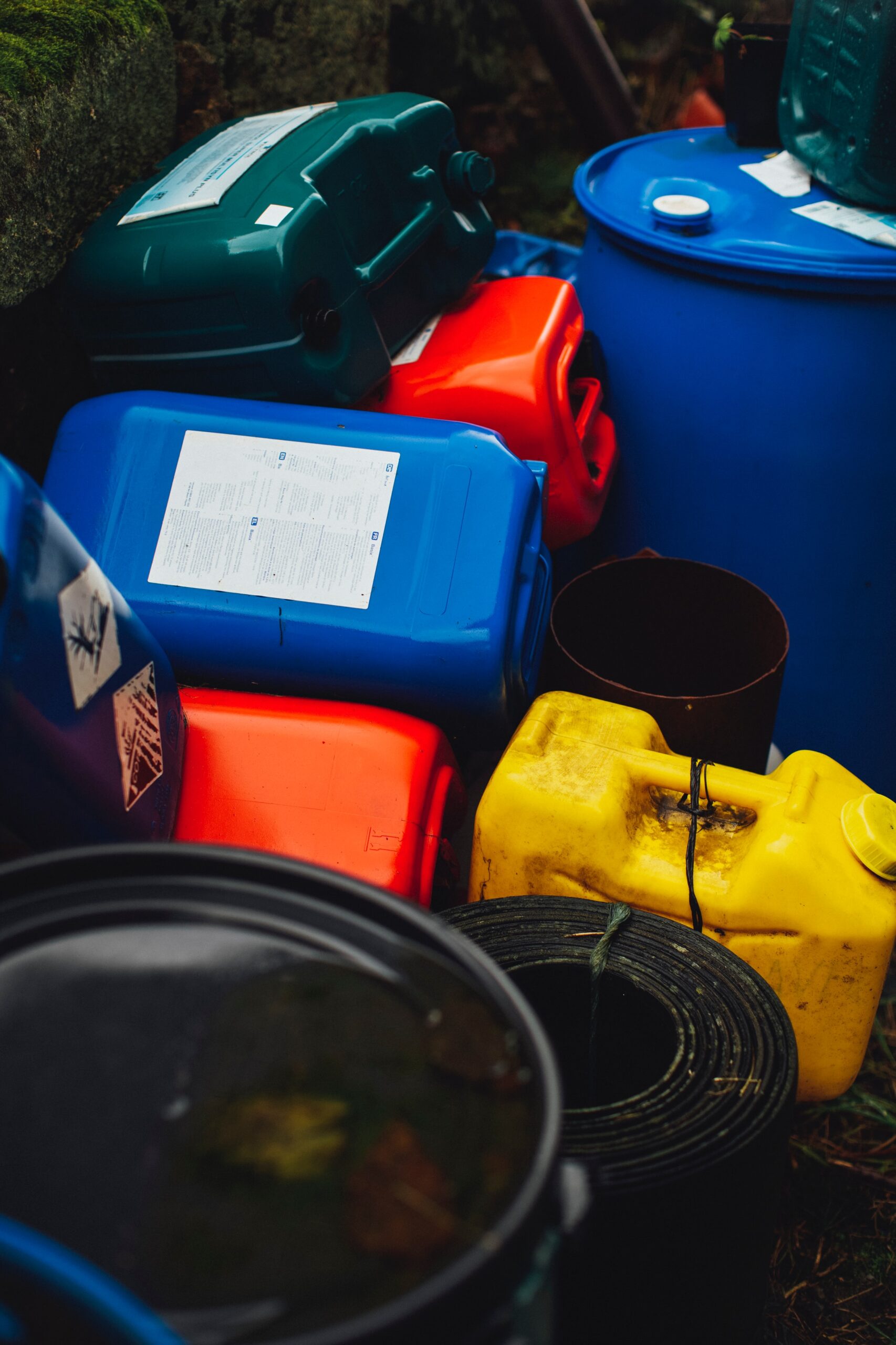
Household Hazardous Waste:
The UCRRA Household Hazardous Waste (HHW) Collection Events are an environmentally-sound and convenient way for Ulster County Residents to dispose of hazardous materials for FREE. Products like:
- Aerosols (spray cans)
- Bug Sprays
- Insecticides
- Lawn and Garden Chemicals
- Pool chemicals
- Propane Tanks
are considered Household Hazardous Waste and requires special disposal. Find out when our next Household Hazardous Waste Event is here: https://ucrra.org/waste-recycling/hazardous/hhw-events/
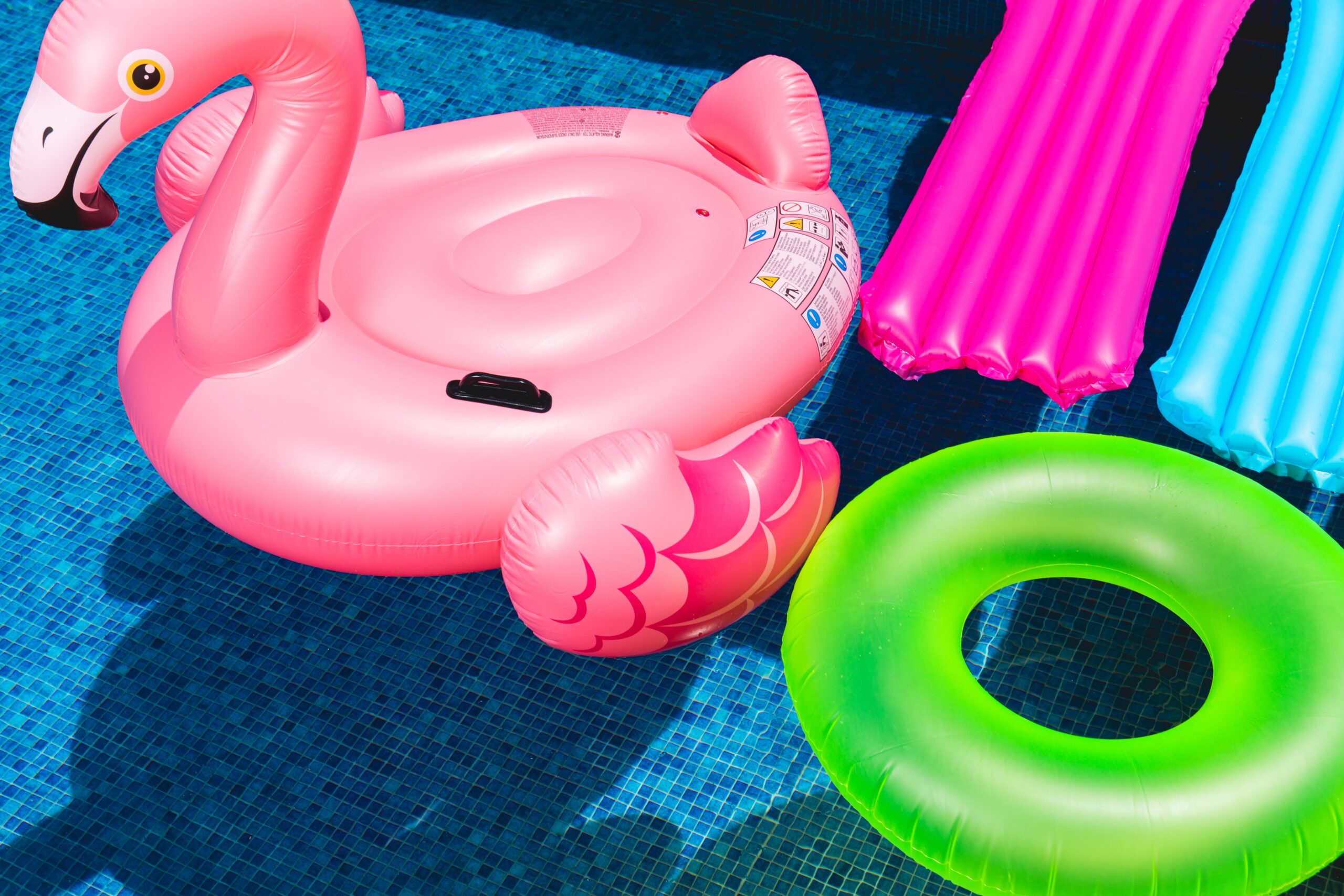
Common Summer Items that are NOT recyclable:
Tanglers include clothing, hoses, film plastics, and other materials. Tanglers can damage equipment when they enter recycling facilities. Equipment must be shut down to manually cut each of these items out by hand, making sanitation workers especially vulnerable.
Please DO NOT put the following items in your household recycling bins:
If any of these items are still in good condition, consider donating or giving them to a friend/neighbor!
Summertime can be a lot of fun, and there’s no reason to forego having a good time in the name of sustainability! Small decisions made on a daily basis add up to make a big difference. Thank you for taking the time to read our post about how to have a sustainable summer! We hope our tips were helpful. What other seasonal items make you wonder about their recyclability?
Plastic pollution in the oceans is causing concern in communities all over the world. That is why hundreds of millions of people around the world have chosen to participate in Plastic Free July. Want to learn more or participate in the challenge? Please click the button below.

